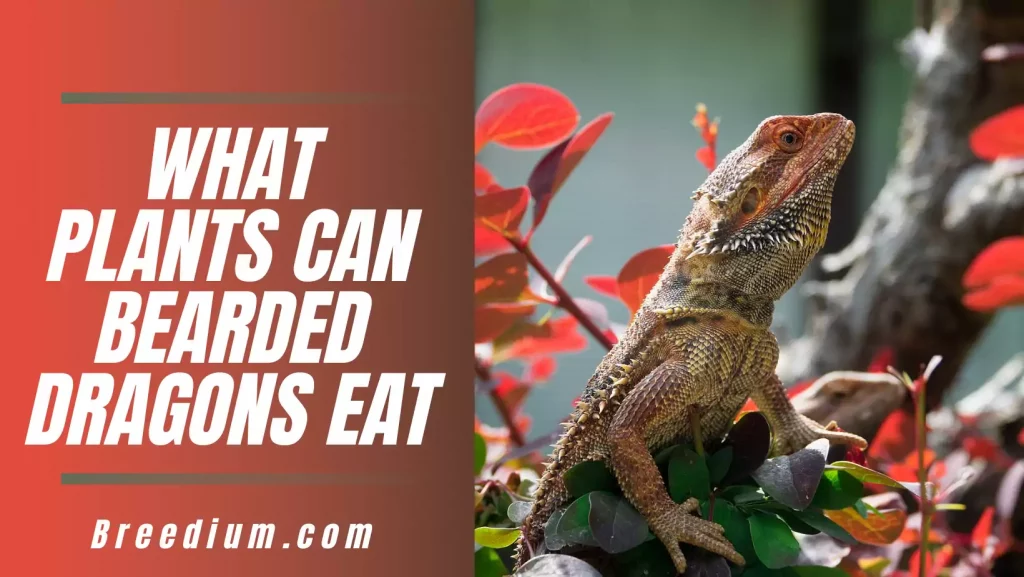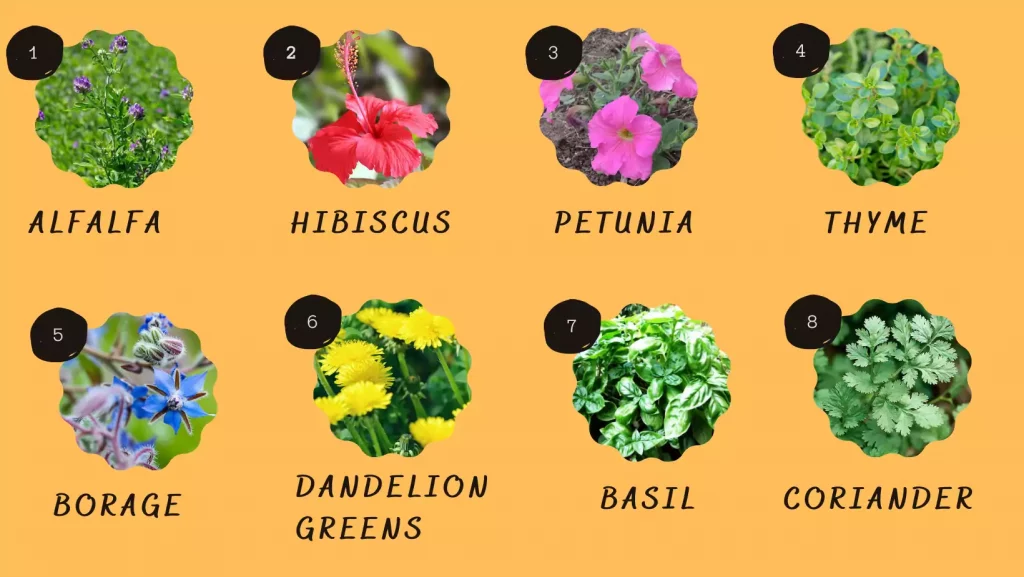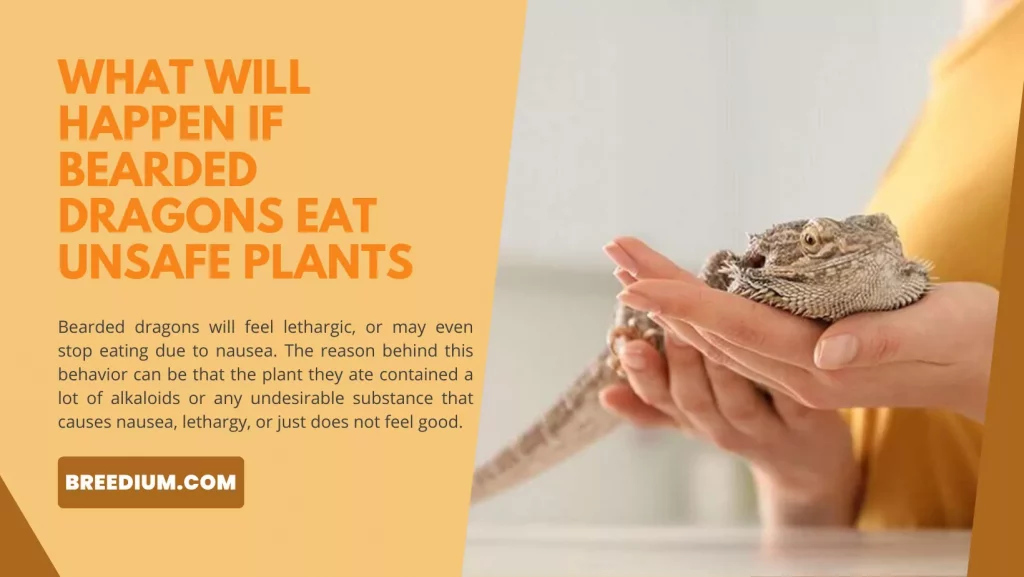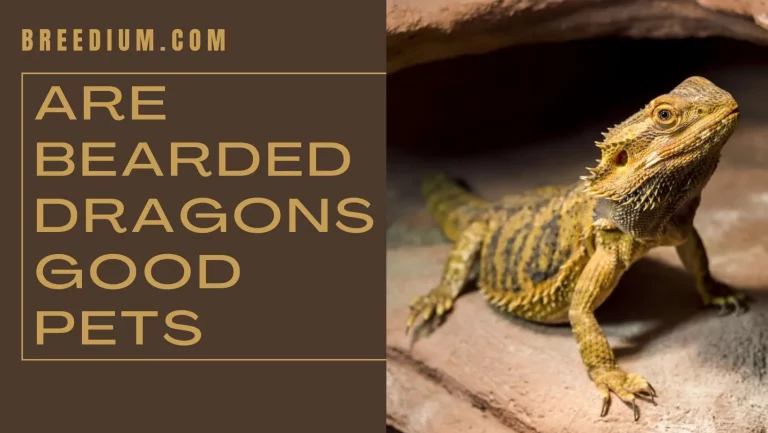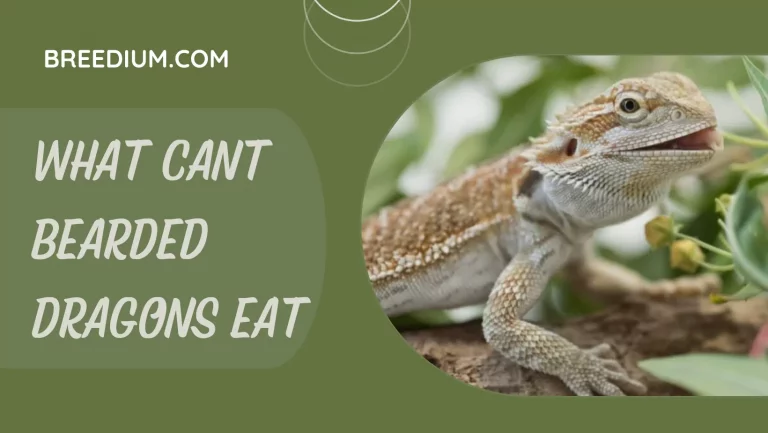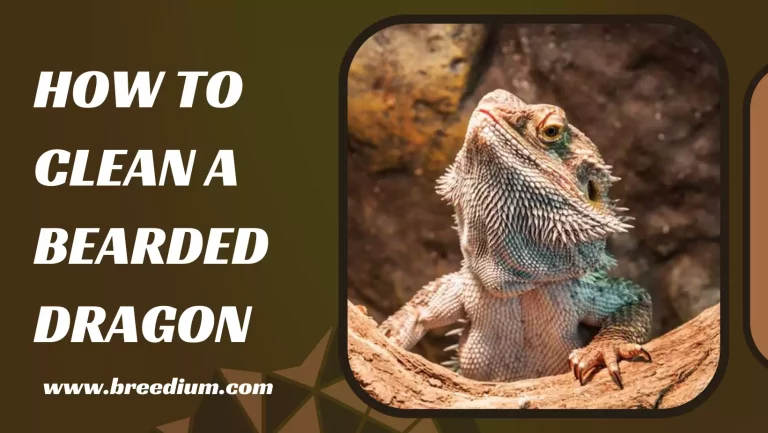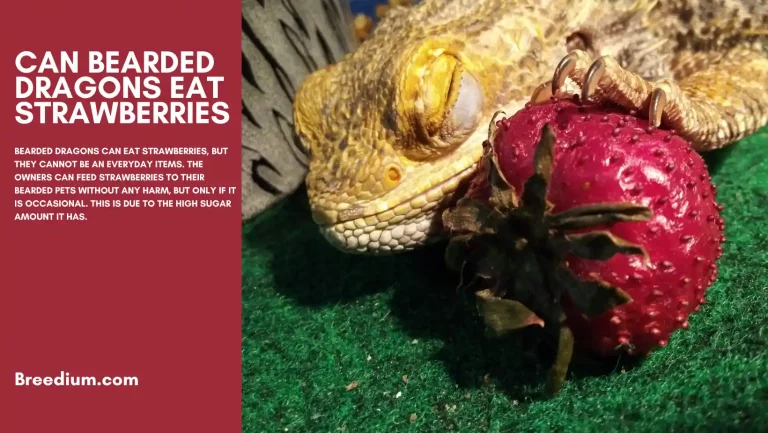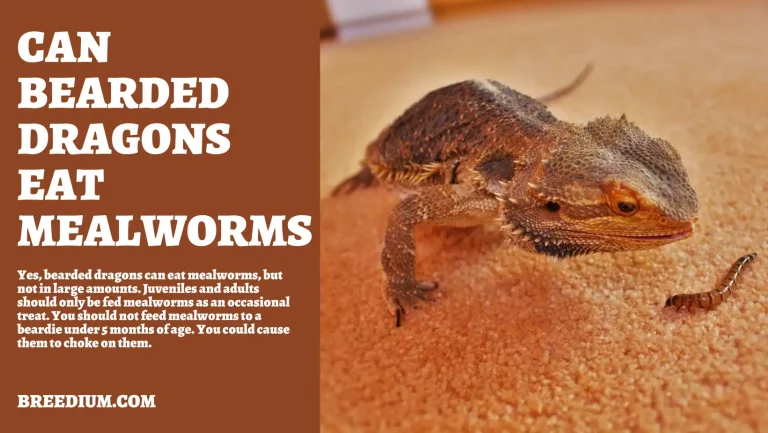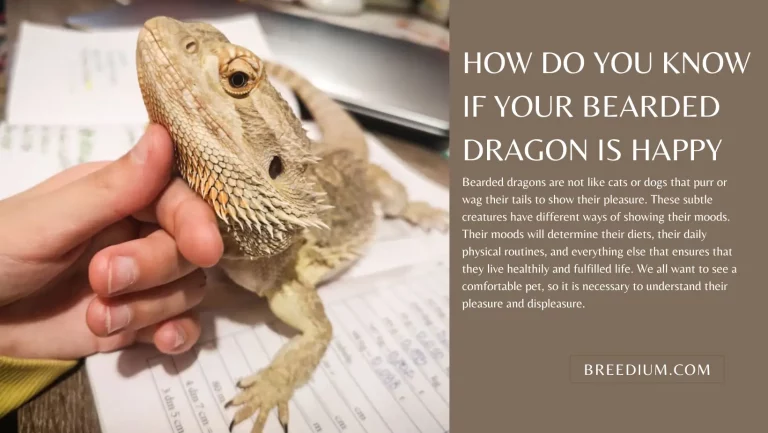What Plants Can Bearded Dragons Eat? Edible Plant Options 2024
What plants can bearded dragons eat? That question is the most common among new pet owners who have not kept a reptilian at home before, and wish to make it a worthwhile addition to their family. We all want to see our pets thrive. It is of course a matter of concern that their diets are balanced and they eat what suits them. Bearded dragons depend on vegetables, fruits, and green plants for their calcium, Vitamin, and mineral needs. It is essential for all pet owners to know what they can feed their bearded dragons.
Suitable Plants For Bearded Dragons
Bearded dragons are reptiles that live in dry, arid areas and do not require a lot of water. These cold-blooded creatures have a slow metabolism and rely on foods that have a high calcium and protein content. The most suitable plants for these creatures include shrubs and herbs that have numerous minerals and vitamins. Some of the safest plants for bearded dragons are:
- Alfalfa
- Hibiscus
- Petunia
- Thyme
- Borage
- Dandelion Greens
- Basil
- Coriander and many more
- Daylilies, lavender, fennel, and many other herbs and flowering plants are good for your pet
You can either place these plants in the tank or you can feed cut-up plants as well. If the bearded dragon eats properly from the list of suitable plants and vegetables along with fruits, they will grow into healthy adults and their bone structure and muscle health will be good. Also, read Can Bearded Dragons Eat Rose Petals, you may find it helpful.
How Many Of These Plants Can Bearded Dragons Have
Bearded dragons need to have insects and vegetables or plants for their daily nutrition. When you feed your dragon pet, ensure that you feed it around twenty insects, and the rest of its daily needs must be fulfilled with plants. This means that you can feed as many plants as your bearded dragon will eat in one go.
Some plants will be more favored by your bearded pet because of their taste or aroma. Bearded dragons look for bright-colored foods, and enjoy aromatic plants in their diet. If you feed them a flowering plant, which has a fragrance, they will love it more. However, herbs like thyme and rosemary are also suitable for bearded dragons and they enjoy all of them equally. You can keep changing the plants in the diet for your bearded pet as each plant has numerous nutrients in varying quantities.
The best way to determine the amount to give your bearded dragon is to feed it a particular amount and see how much the dragon eats without stopping. This amount is its daily requirement. You can make a mix of various plants to feed the dragon on a daily basis. You will see the bearded dragon thrive if it enjoys its daily life. After all, satisfaction also ensures good health. For instance, celery is good for bearded dragons as an occasional treat.
Which Plants Are Not Safe For Bearded Dragons
There are numerous plants that are not safe for your dragon pets. Some plants contain slightly, or intensely toxic chemicals that can be poisonous for bearded dragons. Moreover, there are numerous ivies and shrubs that have thin and brittle stems. If these plants become food for bearded dragons, they will not be able to live a healthy life.
Elderberry, Jerusalem cherry, horse chestnut, iris, juniper, narcissus, oak, peonies, crocus, coral plant, and many other plants are unsafe for bearded dragons. New pet owners can make charts, and save them so that they can regularly consult them to see which plants will be good for the dragons, and which one should never be fed. As children, we all have heard about ‘poisonous’ berries and plants that make your lips blue. Well, now you know more about the plants that can be safe, or unsafe for your pet dragons, and some of them are the ones we all believed to be poisonous when we were kids.
If the bearded dragon ingests any unsafe plant, be sure to note which one. Each plant has a unique composition and while some plants are unsafe due to high amounts of alkaloids, others may be unsafe because they simply do not contain any calcium, protein, or minerals. The effects of these unsafe plants can be dangerous too, however, if owners follow the list of safe plants, the chances of harming the dragon will be much less. Have a look at the Best Greens For Bearded Dragons.
What Will Happen If Bearded Dragons Eat Unsafe Plants
Bearded dragons are not picky eaters but there are numerous kinds of plants that are not safe for them. Suppose you did not know about the safety of a particular plant and fed it to your dragon pet. What will happen? Bearded dragons will feel lethargic, or may even stop eating due to nausea. The reason behind this behavior can be that the plant they ate contained a lot of alkaloids or any undesirable substance that causes nausea, lethargy, or just does not feel good.
However, since the bearded dragon’s behavior will show the intensity of the reaction, we always recommend pet owners take their bearded dragon to the vet. There is no need to wait for the dragon to feel better before talking to a vet. If you see that after eating any particular plant your dragon pet’s behavior has changed, you should consult a vet. Also, check out Can Bearded Dragons Eat Dandelion Flowers.
Frequently Asked Questions
Will my pet dragon die if it eats unsafe plants?
Some unsafe plants, if consumed in excess, may cause the death of your dragon pet! The toxic chemicals and unsafe substances in some plants can be drastic for your pet. That is why we stress feeding safe plants only.
What kind of plants are safe?
There are numerous plants that are safe for bearded dragons. You can consult the list above. Moreover, there are many other safe plants as well. The simplest way to screen plants is to see if they are edible for other animals or not. Moreover, if a plant has a bitter aroma, the bearded dragon might not like it.
Conclusion
Pet owners who wonder about what plants bearded dragons can eat must do some research and then create lists of plants that they can provide for their pets. There are so many permitted plants and many unsafe ones. If a pet owner does not feed safe plants to their dragons, the results may be disturbing for the pet and the owners.

My name is Ashley, and I am an ardent bearded dragon owner. I have been writing about bearded dragons for the website for many months now, and each topic is close to my heart because it genuinely teaches me more as well. The enthusiasm of this team and the brilliance of the project make me write with more zeal.

